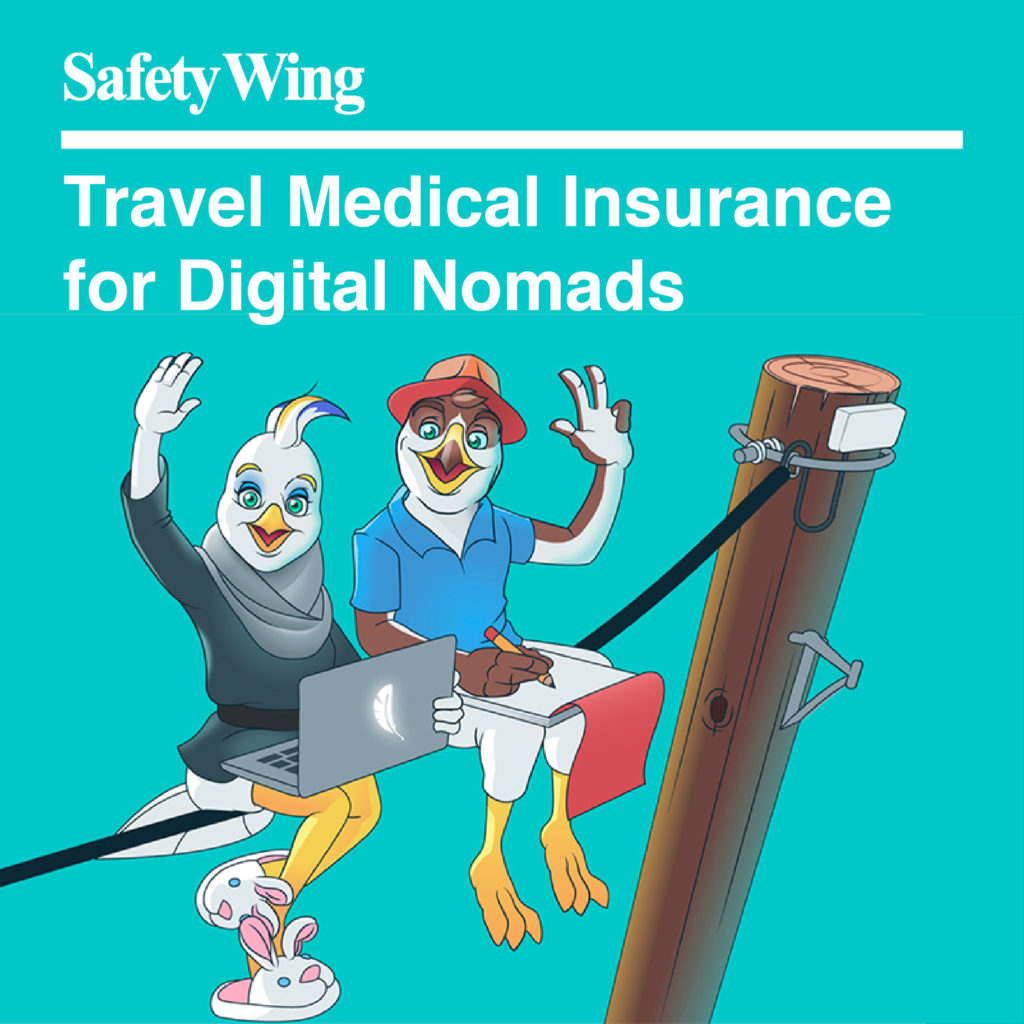Remote working is what most people dream of, and it’s all because of the lack of commute and dressing up in the morning, the coworkers you can’t stand, but you must be working together with, and the non-fun jokes of your boss that you must laugh at.
Whichever your reason might be, here in this article, I will point out the most alarming things you should keep an eye on while applying for a remote job, so you don’t end up being scammed or underpaid.
Bottom Line Upfront
Here are all the red flags that you should keep an eye on:
- Companies Without a Website
- Unclear Job Descriptions
- Lack of Specific Salary or Compensation
- No Contact Information Provided
- Unprofessional Communication
- No Employees on LinkedIn
- Weird Payment System For Your Salary
- Unclear Working Hours
- Non Specified Work-Tools
- Working Without a Contract
- Not Mentioned Health Benefits/Paid Time Off
Well, let’s start with more details on each of these flags, so you know what to pay attention to…
1. Companies Without a Website

When searching for an online job, always make sure a company has a well-designed website with lots of information about their employees, business model, and location [Google for hours if you must!]. If a company does not have a website or a specific address where its offices are – stay away from it, it’s a scam and we have all been there when we first started remote working!
Another scenario that is present these days is a half-done website that shows only their work motto and nothing about the big picture. These companies are usually new and looking for cheap labor and not a professional who wants to negotiate business.
Another thing that should be on your mind is a company that requires you to pay for a background check or other screening before you can even apply for the job. This is usually a sign that they’re not very interested in hiring you, and you should move on to another company.
2. Unclear Job Descriptions
One of the most common red flags when looking for a remote job is an unclear job description. If a job posting is vague or doesn’t give you a clear idea of what the role entails, it’s likely that the company isn’t really sure what they’re looking for. This can lead to a lot of frustration down the line, so it’s best to steer clear of these kinds of positions.
If you work on freelance platforms like Fiverr or Upwork, this can really go bad for you, as you can accept a job, and have a few arguments back and forth which will eventually lead to ending the contract. When this happens, usually the freelancer a.k.a YOU can be negatively reviewed and this could flag you as not trustworthy or unable to finish your role.
Again, I’ve been there a couple of times, so now I triple-check and communicate with the potential client my full responsibilities.
3. Lack of Specific Salary or Compensation

When you’re looking for a remote job, always make sure the company or client has clearly stated the monthly or weekly salary [depending on how they make payments].
Sometimes clients intentionally don’t mention salary because they want to get different bids, so they can finally pick the right candidate. And while this is good for them, it can really be frustrating to type the numbers when you don’t know how much people in the same role actually earn.
While it’s not always a bad sign if a job posting doesn’t mention salary, it’s worth doing some extra research to make sure you’re not being underpaid. If you’re unsure about what a fair salary would be, you can use salary calculators or look at salary information for similar positions.
4. No Contact Information Provided
When looking for a remote job, you should always watch out for the company’s contact information [phone number or email address, CEO, and accounts that will be linked with the name]. Social media really is important when it comes to landing the perfect job, so make sure the company is present on LinkedIn or Facebook as well].
5. Unprofessional Communication

One of the most important things to look for in a remote job is professional communication. This includes things like clear and concise emails with the employer, a well-maintained website, and a strong social media presence.
If this is something you are not getting currently in the places you’re applying for, it’s time to move on and search for another advertisement.
6. No Employees on LinkedIn
If a company has no employees listed on LinkedIn, that’s an eye-opener. This could mean that the company is not real, or that it’s so new that no one has bothered to create profiles for its employees yet. Either way, it’s not a good sign and it’s very unprofessional.
Companies with small teams that are connected through LinkedIn could also mean that they don’t have very high and competitive salaries, so if you’re looking for a good income, you want to check the big guys with more than 30+ employees.
7. Weird Payment System For Your Salary

If you’re not working through freelance platforms which allow payment through PayPal, Payoneer, or other well-known banks, just say NO. Freelance platforms are built for two things, someone to earn commission from your earnings, and you getting securely paid right on time. This works both ways and it’s the safest method you can ever be part of.
If a potential employer asks you to use a weird payment system for your salary, that’s a red flag. You should be paid a fair, regular salary for your work, not some irregular system that may not be legal. If an employer can’t or won’t pay you a regular salary, that’s a sign that they’re not a reputable company.
Another thing you should never do is give your personal information like address, social security number, or ID for getting your income. This can all be used for shady purposes, so if you plan on getting paid, at least give your bank transaction and nothing more!
8. Unclear Working Hours
The whole point of remote work is to be able to work when it’s most convenient for you, so before you accept a job, make sure you agree in which time zone you will work when you are expected to show up for virtual meetings, and when is the turnaround for specific tasks.
I’ve worked in a couple of different roles over the past 10 years, and I’ve worked with people who were an absolute delight to work with, to complete A-holes who were inconsiderate of my personal time. So, set boundaries and make sure you state your working hours before finally taking up a job.
9. Non-Specified Work-Tools
Don’t you just hate when potential employers ask you if you have the highest-paid plan on platforms like Grammarly?
If you are planning on working as a sales assistant, writer, editor, or basically anything else that requires the use of a specific program or subscription plan – make sure the employer has enough assets to pay for the best plan so you can do your job. Oftentimes people will expect you to pay this on monthly basis from your own salary, so negotiate this beforehand.
10. Working Without a Contract

Oftentimes, clients that are not serious will request work without a clearly signed contract or they will request some trial tasks to see if you are a good fit.
I would say go for it if you are doing it through freelance platforms as you will get a milestone that will be released after you submit your job [although the client can complain and you will still not get your money], and don’t do it if it’s outside of these platforms, or you will never get your time and money back.
11. Not Mentioned Health Benefits/Paid Time Off
Remote work sadly doesn’t come with health benefits, although some companies are an exception to this.
When accepting a job, you should clearly discuss the health benefits with your employee, so you know where you stand. If the company doesn’t offer maternity leave, sick leave, or vacation days, this could be a problem for you, in case you are considering having a family or taking a long vacation at least once a year.
Conclusion

While working remotely has its perks, it definitely has some setbacks as well, and some of the first ones is a lack of real-time communication with the employer once you’re being interviewed.
When searching for your next job, you should definitely keep your eyes open wide and go over the advertisement a couple of times. Checking their website/social media is the next thing to do, and then, dig a little deeper about the company so you know what it will be expected of you.
Finally, trust your gut. If something feels off or you get a bad feeling about the company, it is probably best to walk away. There are plenty of remote jobs out there, so there is no need to settle for one that makes you feel uncomfortable.



